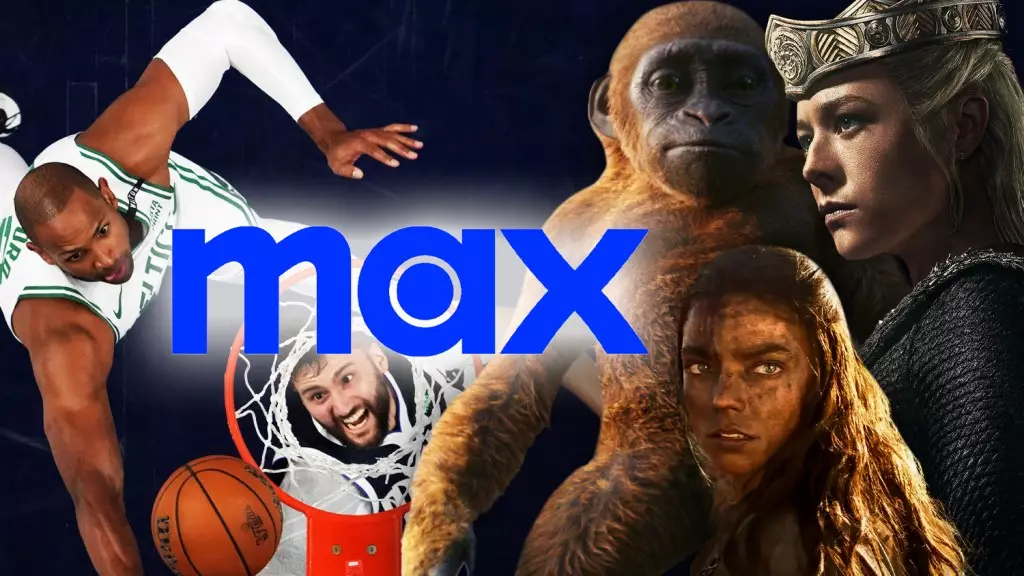Warner Bros. Discovery recently announced a significant non-cash impairment charge of $9.1 billion at its networks division. This move was made to realign the book value of its linear television business with the current market conditions, especially in light of uncertain advertising and sports rights renewals. The NBA’s decision to move on has further exacerbated the situation, as the value of linear assets has depreciated since the merger of Discovery and Warner Media two and a half years ago. This impairment charge reflects the harsh reality that the company now faces in an evolving media landscape.
One of the critical blows to Warner Bros. Discovery was the loss of a lucrative basketball package to Amazon. Despite WBD having matching rights and pursuing legal action against the NBA to reclaim the games, the outcome seems bleak. This loss, coupled with the impairment charge, has raised concerns among investors about the company’s future prospects. David Zaslav’s initial statement downplaying the necessity of the NBA for WBD now appears to be at odds with the reality of the situation. The lawsuit marks a significant setback for the company and has further eroded investor confidence in its ability to navigate through turbulent times.
The impairment charge and other related expenses, such as pre-tax acquisition-related amortization and restructuring costs, have further complicated the financial outlook for Warner Bros. Discovery. The company’s stock has plummeted by approximately 70% since the merger, prompting calls for drastic action, including the possibility of breaking up the company. Asset sales, including the games business, are being considered as a means to address the financial woes facing WBD. The decline in stock value, along with underwhelming financial results, has added to the pressure on management to deliver a viable strategy for moving forward.
Despite the challenges faced by Warner Bros. Discovery, there are some bright spots in its second-quarter earnings report. The streaming division saw a significant increase in ad revenue and subscribers, especially with the introduction of Max’s ad-light tier and expansion into Latin America. The company ended June with over 103 million subscribers, adding 3.6 million in the quarter. Streaming ad revenue experienced a nearly 100% surge, indicating strong growth potential in this segment. However, total Direct-to-Consumer (DTC) sales declined by 6%, and losses widened significantly, raising concerns about the overall financial health of the company.
Warner Bros. Discovery reported a mixed bag of results in terms of revenue and profit across its various divisions. While streaming revenue showed a promising upward trend, total revenue was down by 6% in the second quarter. Networks revenue and profit both fell by 8%, reflecting the broader challenges in the linear television business. Distribution revenue also declined by 8%, primarily due to a decrease in domestic linear pay-TV subscribers. Advertising revenue took a hit as well, falling by 9% in the face of audience declines and a soft advertising market in the U.S. Content revenue exhibited growth, driven by third-party licensing deals, but failed to offset the overall decline in revenue for the company.
Warner Bros. Discovery’s decision to take a large impairment charge underscores the challenges it faces in a rapidly changing media landscape. The loss of the NBA package, along with other financial setbacks, has put the company under immense pressure to reassess its strategies and chart a new course for sustainable growth. The streaming segment shows promise, but it will require a concerted effort to overcome the broader financial issues plaguing the company. As investors and analysts closely monitor Warner Bros. Discovery’s next steps, the company must demonstrate its ability to adapt and thrive in a highly competitive industry.


Leave a Reply